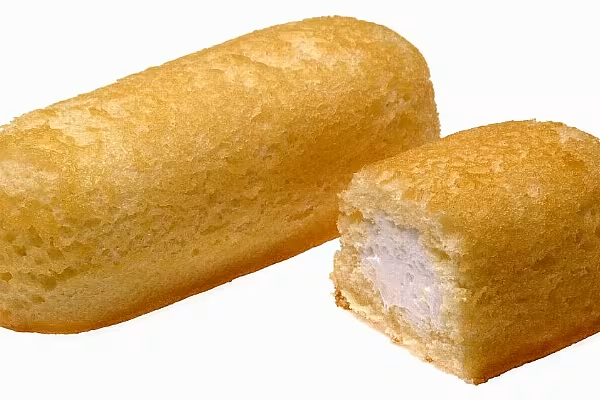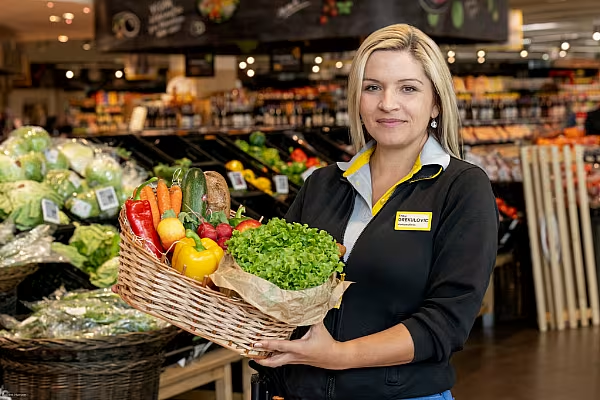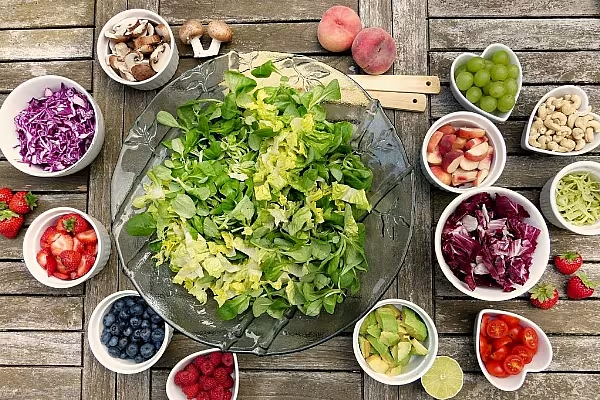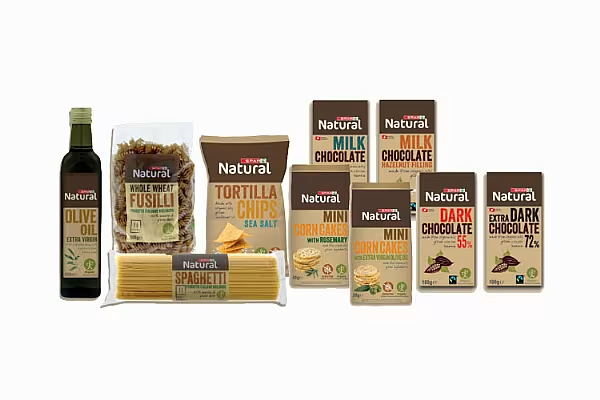Healthy eating has become an obsession. Soft-drink sales are slumping, salt is getting tossed from food, and kale is on the menu at McDonald’s.
And yet the Twinkie, that icon of indulgence, is on a tear.
For many otherwise healthy-eating American millennials, Twinkies have become food nostalgia. Nine months of forced disappearance from store shelves sharpened appetites for the golden sponge cake filled with fluffy cream, and after two bankruptcies, the 2013 acquisition of the Hostess Brands Inc. snack-cake business by a pair of private equity firms put the company back on the road to solvency.
‘‘For as much as millennials bring us challenges, they also have a belief that you only live once and you should enjoy yourself,” Bill Toler, chief executive officer of the Kansas City, Missouri-based Hostess, said in an interview. “They believe in a license to indulge.”
In opinion surveys, Americans rank stealthy eating right up there with healthy. While 75 percent told NPR last year they were eating wholesome food, another report, from the Boston Consulting Group and IRI, found that indulgence was a top food trend, alongside nutrition. Hostess was ranked second among growth leaders for midsize companies, behind Greek yogurt company Chobani.
Sweet and Salty
“Unhealthy products remain popular,” said Krishnakumar Davey, president of strategic analytics at IRI. “The popularity of nutritious snacks is surging, but so are sales of ice cream or salty snacks.”
A big beneficiary is Twinkies, Hostess’ golden child. One cake is 130 calories and 14.5 grams of sugar, compared with a Coke that has 140 calories and 39 grams of sugar. Apollo Global Management LLC and C. Dean Metropoulos & Co. bought Hostess for $410 million and hopped on the wave of Twinkie-love at just the right moment. Being without Twinkies and other Hostess products like Ho Hos and Ding Dongs in 2012 and 2013 unleashed a wave of sentimentality, driving fans a little bit mad.
“My wife ran out and bought eight boxes of Twinkies,” said John Stanton, a professor of food marketing at Saint Joseph’s University in Philadelphia. “Hostess got a shot in the arm by not being there.”
The cream-filled sponge cake is such a cultural icon that Yoan Moncada, a Cuban-born baseball prospect for the Chicago White Sox, gobbled as many as 85 of them in a week, according to ESPN The Magazine.
Popularity Cost
Twinkies’ new popularity came at a cost. The Hostess bankruptcy enabled the private equity buyers to start over with a fraction of a workforce that once numbered about 8,000 at several bakeries across the country. Their reconstituted company now has 1,350 employees and three baking facilities. Now, one automated production line staffed by 10 employees in Emporia, Kansas, can produce 95 percent of the iconic cakes. Apollo declined to comment.
The changes have helped produce some of the best profit margins in the food industry, just shy of what the ruthless cost-cutters of 3G Capital Inc. have posted since taking over Kraft Heinz Foods Co. with the help of Warren Buffett in 2015.
Apollo and Metropoulos took Hostess public in November, and shares have jumped 23 percent so far in 2017. Sales surged 13 percent last year. The company has carved out 12 percent of the market for packaged cakes, cutting into the sales of industry leader McKee Foods Corp., the maker of Little Debbie products, according to Euromonitor data.
Tweaked Recipe
Metropoulos, the firm that revitalized Pabst Blue Ribbon beer, tweaked the recipe for Twinkies, doubling the product’s shelf life to about 60 days, according to Toler. The change helped Hostess switch its distribution system to a lower-cost model, and allowed it to ship more products to smaller, more remote stores. About 70 percent of the company’s sales come at a combination of Wal-Mart locations, dollar-store chains and convenience stores -- not the typical domain of coastal millennials driving healthy-food trends.
“Those customers aren’t as sensitive,” Toler said.
Hostess isn’t completely ignoring wellness concerns. Its new whole-grain muffins qualify as “smart snacks” for the federal school food program, and it’s removing trans fats from its products.
But a glance at the new products the company rolled out in 2016 makes it plain Hostess is betting on frozen Deep Fried Twinkies and Twinkies ice cream.
Dean Metropoulos, founder of the investment firm, recently said Hostess was “absolutely committed to participating as other companies do with the trends of wellness.”
That pledge came with a caveat.
“But we don’t see that as depriving Americans from having a great ice cream and a great Twinkie,” he said.
News by Bloomberg, edited by ESM. To subscribe to ESM: The European Supermarket Magazine, click here.














